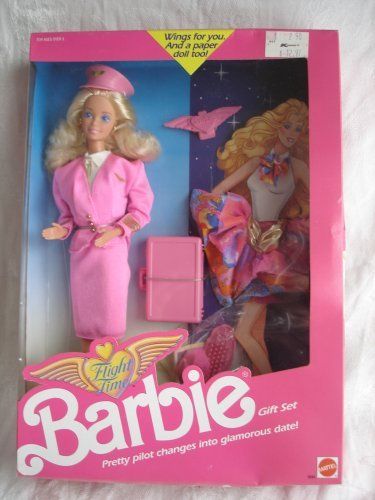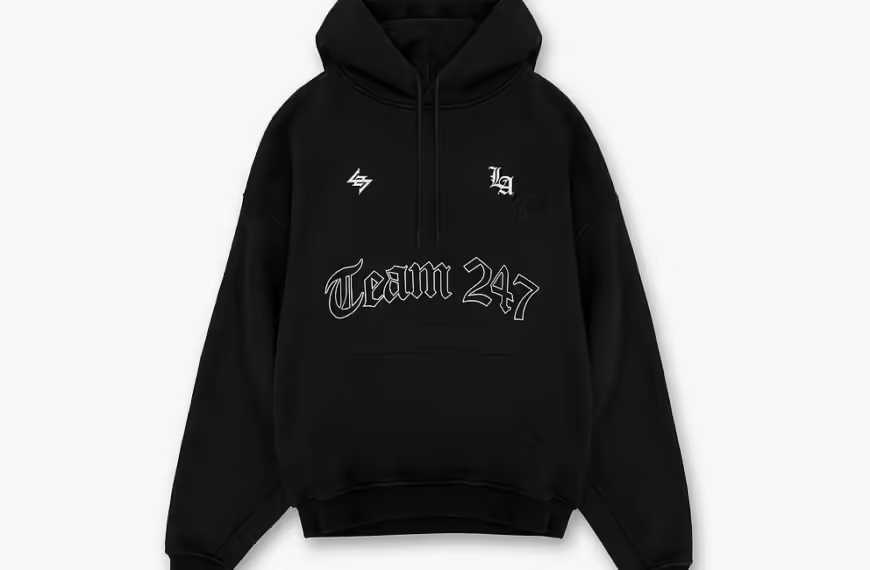If you’ve spent any time on social media or in the gym community, you may have come across the term “big back.” But what exactly does it mean to have a “big back”? Is it just about physical size, or is there more to it? In this article, we’ll explore the full Big Back Meaning behind the phrase, why it matters, and how you can achieve a strong and impressive back. So, let’s dive right in!
Understanding the Concept of a “Big Back”
What Is a Big Back Meaning?
At its core, a “big back” typically refers to a well-developed, muscular, and strong back that stands out. This isn’t just about bulk; it’s about building definition, symmetry, and strength across all the major back muscles—think broad shoulders, pronounced lats, and a strong spine-supporting core. For many, having a big back represents a significant accomplishment in physical fitness and strength training.
The phrase isn’t limited to athletes or bodybuilders; it’s also a term people use to describe someone with a physically imposing or powerful appearance. A “big back” can convey confidence, athleticism, and dedication to fitness, making it a goal for both men and women looking to improve their physique.
Why Does a Big Back Matter?
Aside from aesthetics, having a big, strong back is essential for overall fitness and health. Our backs support almost every movement we make, from lifting and carrying to simply standing upright. A well-developed back improves posture, helps prevent injuries, and plays a crucial role in strength and stability.
Imagine trying to lift something heavy without back support. A strong back can absorb and distribute the load, preventing strain and allowing you to move with ease. It’s like having a built-in support system that enhances every activity you do.
The Muscles That Make Up a “Big Back”
Key Muscle Groups for a Big Back
To build a truly impressive back, you need to target all the major muscles that make it up. Here’s a breakdown of the primary muscles that contribute to a strong, big back:
- Latissimus Dorsi (Lats): These are the large, flat muscles on the sides of your back. They give that desirable “V-shape” and are crucial for width.
- Trapezius (Traps): Located between your shoulders and neck, these muscles add thickness to the upper back.
- Rhomboids: Found between the shoulder blades, rhomboids contribute to back depth and improve posture.
- Erector Spinae: These are the muscles running along the spine, essential for core stability and supporting the back.
- Teres Major and Minor: Often overlooked, these smaller muscles near the shoulder add detail and depth to the back.
Importance of Muscle Balance and Symmetry
When it comes to achieving a Big Back Meaning, balance is key. Overworking one area, like the lats, while neglecting others can lead to muscular imbalances. This can not only throw off the visual appeal but also make you prone to injury. Think of it as building a foundation—you wouldn’t want one side of your house stronger than the other, would you? The same principle applies here; each muscle group needs attention to create that strong, well-rounded back.
Best Practices and Tips for a Big Back Workout
Focus on Progressive Overload
The principle of progressive overload—gradually increasing the weight, reps, or intensity over time—is key to muscle growth. Each workout should push you just a bit harder than the last. Think of it like climbing a mountain; each step gets you closer to the top, and every increase in weight brings you closer to that impressive back.
Perfect Your Form
Lifting heavy is important, but only when done correctly. Poor form can lead to injuries and hold you back from reaching your full potential. When doing back exercises, always ensure you maintain a neutral spine and engage your core. Good form is like laying the groundwork for a safe and effective workout.
Don’t Neglect Core and Flexibility Training
A big back doesn’t stand alone; it needs support from your core and flexibility training. Your core stabilizes your movements and ensures you don’t place unnecessary strain on your back. Additionally, stretching and mobility exercises keep your muscles loose and flexible, reducing your risk of injury. Best Video Conference System Solutions in Karachi, Lahore, Islamabad, Pakistan
The Role of Diet in Building a Big Back
Fueling for Muscle Growth
To grow any muscle, including your back, you need the right fuel. Protein is essential for muscle repair and growth, while carbohydrates provide the energy required to power through intense workouts. Imagine your body as a car—the higher-quality fuel you put in, the better it performs. Similarly, a balanced diet with sufficient protein, carbs, and healthy fats will help you build that impressive back. Video Conference System Price In Pakistan
The Importance of Protein and Recovery
Protein is vital because it helps repair micro-tears in your muscles from working out, allowing them to grow back stronger. Aim for about 1 gram of protein per pound of body weight if you’re serious about muscle growth. Recovery is equally important; it’s the time when your muscles repair and grow, so make sure to get adequate rest and sleep. Best Video Conference System Solutions in Pakistan
Conclusion
So, what is Big Back Meaning? It’s about more than just physical size; it’s a symbol of strength, discipline, and commitment. A big back supports your overall health, contributes to better posture, and gives you a powerful presence. By targeting the right muscles, focusing on form, and fueling your body with the nutrients it needs, you’re well on your way to achieving a big, strong back. So, grab those weights, stay consistent, and get ready to turn heads with your hard-earned, impressive back!













